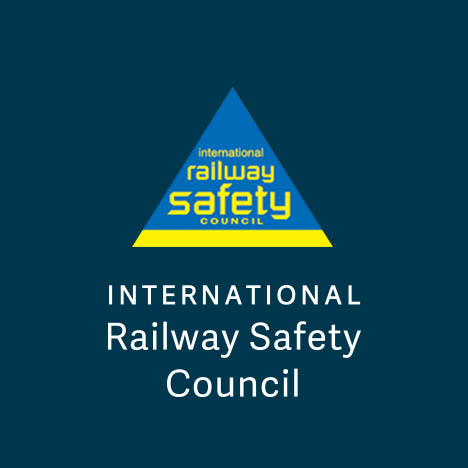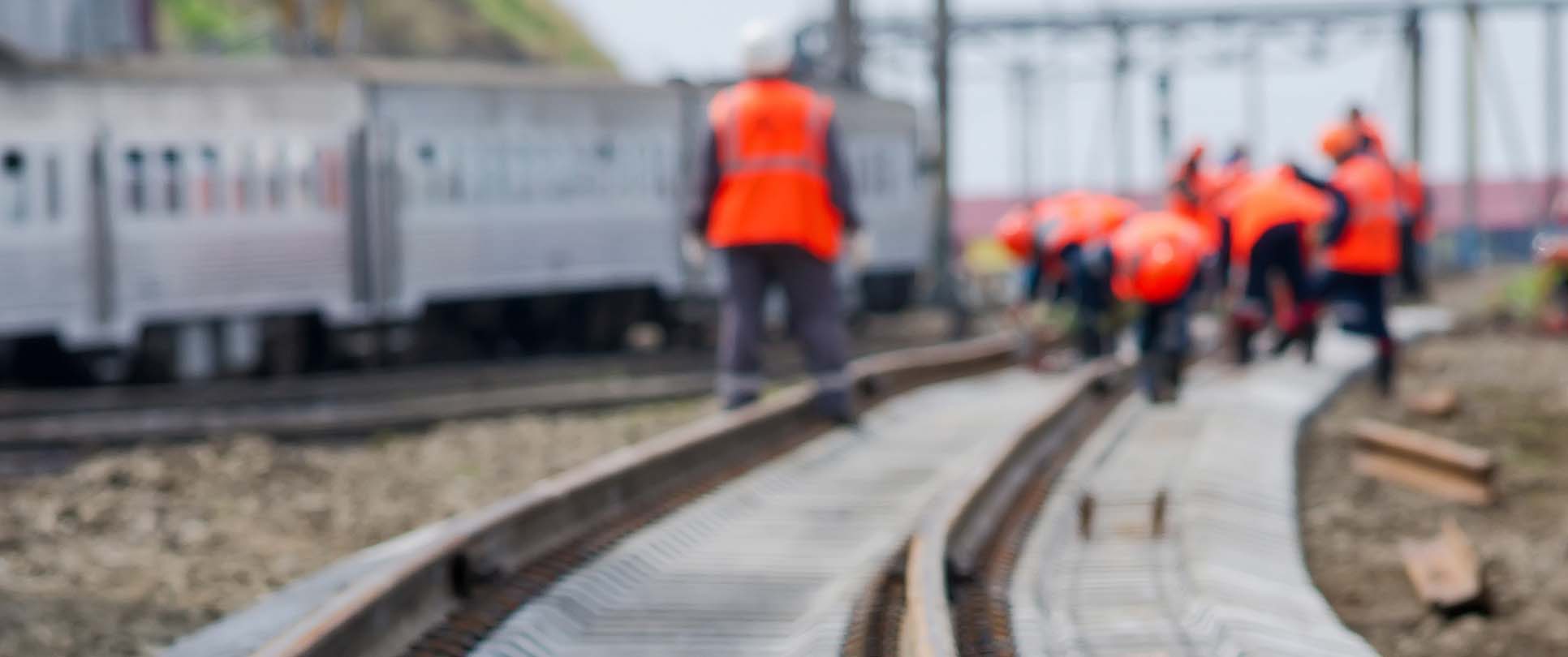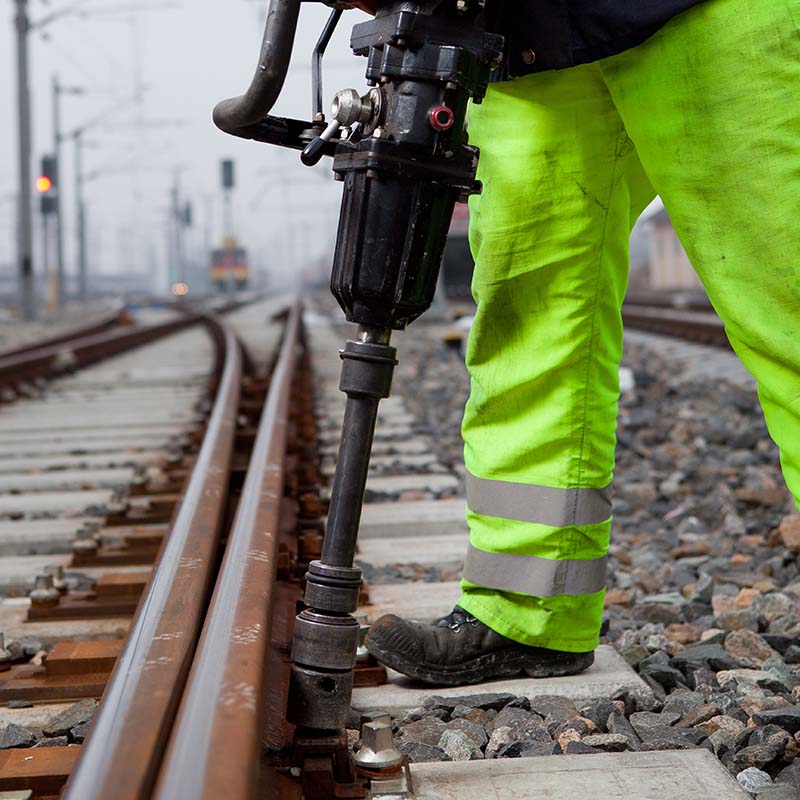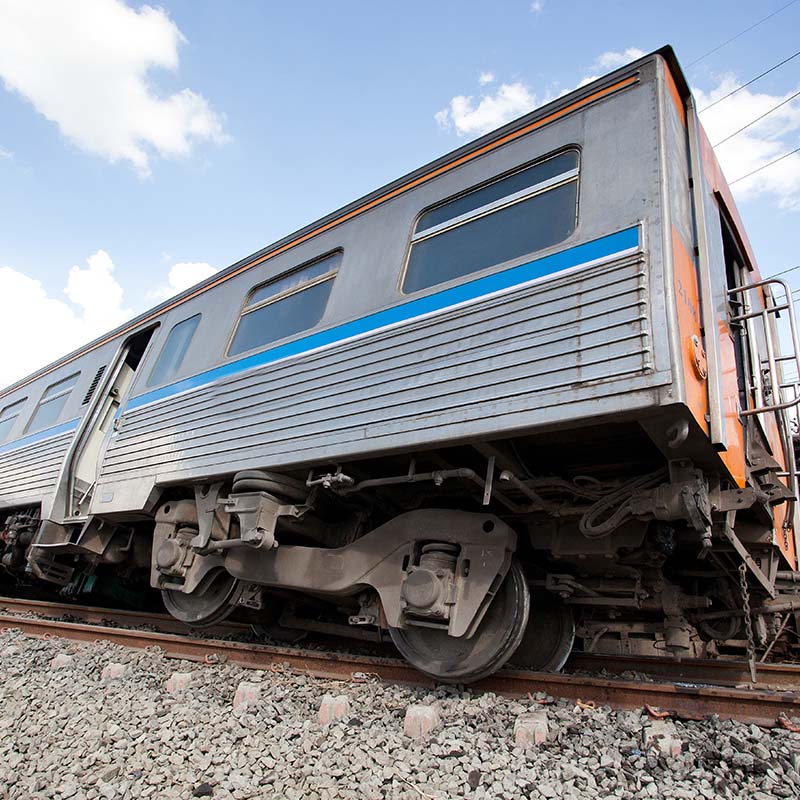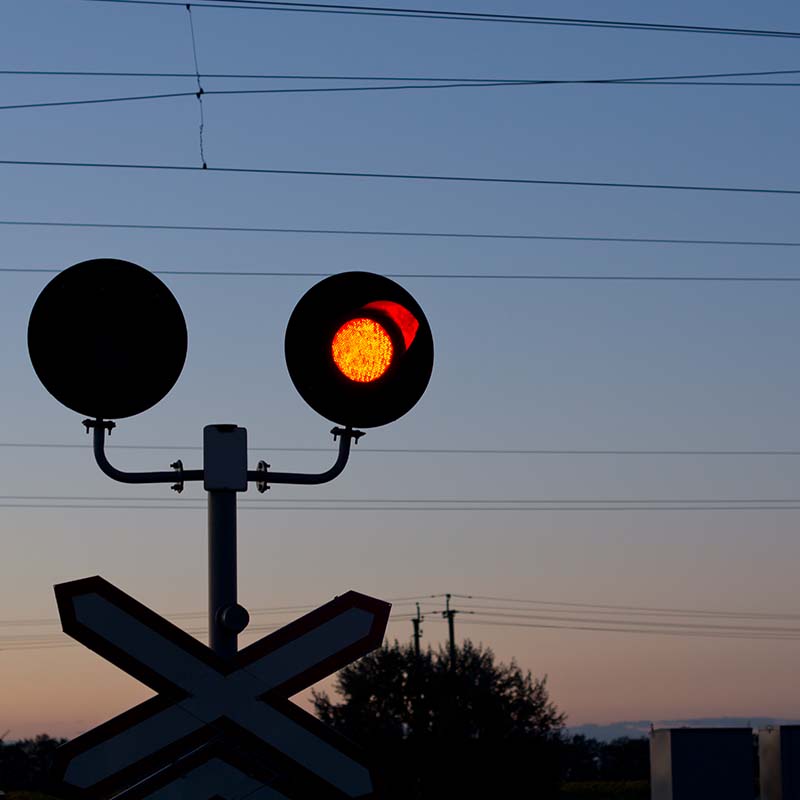Various approaches are adopted to ensure that investment in safety is proportionate to the safety benefit.
Maintaining and improving safety in the railway industry requires the expertise of many professional disciplines including: engineers, operators, safety managers and human factors experts.
Due to their safety critical nature and national economic and strategic importance, railways often operate in a highly regulated environment. National regulatory bodies typically provide the safety framework within which the industry operates, collate safety statistics, monitor safety performance and undertake enforcement action against organisations which fall short of the required standard. They are often supported by bodies which investigate accidents and incidents; it is becoming common for these to be independent of the regulator. There are also a number of trans-national bodies which facilitate cross-border operation. National safety regulators also compile safety statistics although the differing basis on which they are collected can make comparison difficult.
Whilst the industry globally operates in a wide variety of conditions from the Arctic Circle to the equator, many of the risks managed by engineers and operators are common to all railways.

